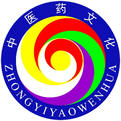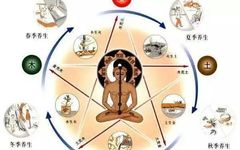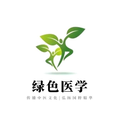Characteristics of Emotional Disturbances Leading to Disease
The concept of Qiqing (七情, Seven Emotions) is one of the fundamental theories in Traditional Chinese Medicine (TCM) and is a unique aspect of TCM psychology. The origin of Qiqing is found in the Neijing (《内经》, Inner Canon) with its theories of the “Five Emotions” and “Nine Qi.” During the Song Dynasty, Chen Wuze in … Read more

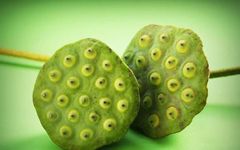
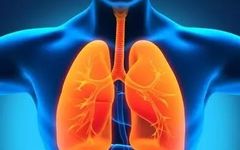

![What Do Choppy and Slippery Pulses Indicate? | Daily Reading of the Huangdi Neijing [Day 220]](https://tcmland.com/wp-content/uploads/2025/03/cb01e594-e82c-4474-86af-d1e7f7c7544f.png)
